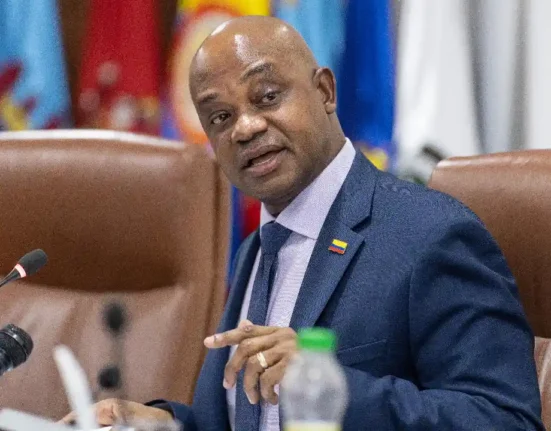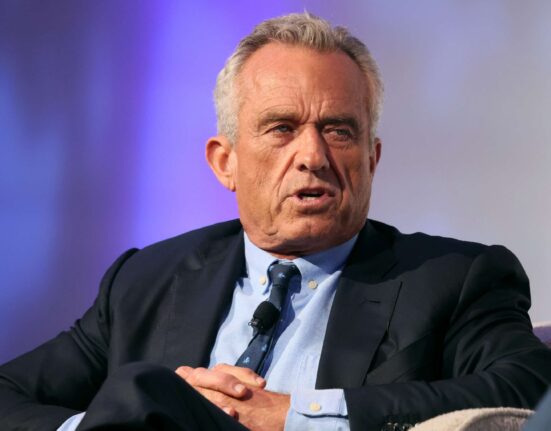A week of turmoil unfolded for Gustavo Petro’s government, stirring both domestic and foreign fronts in ways unforeseen. The month closed with legislative achievements, setting a seemingly tranquil stage for future planning. However, unexpected events quickly altered this narrative.
Petro embarked on an international tour to Spain, France, and Brazil, attending the International Conference on Development Financing. Amidst diplomatic engagements, his rhetoric took a sharp turn towards apocalyptic warnings about climate change and artificial intelligence.
“In countries like Europe and the US, electoral majority is Aryan,”
Petro controversially claimed, sparking outcry over his references to Hitler’s ideology. This led to strained relations with global counterparts and a cooling of diplomatic ties across the Atlantic.
The repercussions were swift as the US called its envoy home for consultations—a clear signal of disapproval towards Petro’s statements. The missteps reverberated through international media critiques from outlets like The Economist and El País de Madrid, highlighting concerns over Petro’s administration stability.
Expert analysis suggests that Petro’s verbal excesses could jeopardize his electoral prospects in 2026. With a loyal voter base but dwindling public trust due to governance issues, Petro may resort to blaming external forces or stoking conspiracy theories to deflect criticism.
As Colombia navigates these challenges, internal dissent grows against Petro’s leadership style characterized by marginalizing moderates within his cabinet. Economic indicators fluctuate amidst political uncertainty, hinting at potential turbulence ahead if not addressed promptly.
The editorial from El País warning of governmental “disintegration” underscores the urgent need for recalibration within Colombia’s leadership ranks. As tensions simmer beneath the surface, there is a palpable sense of impending storms that could upend Colombian society if left unchecked.
Petro’s strategic focus on maintaining control over national discourse through social media presence reflects his election-centric approach towards governance decisions—potentially at odds with long-term policy imperatives required for sustained development.
In light of these developments, observers warn of a looming crisis fueled by inflammatory rhetoric and political isolationism that could have far-reaching implications for Colombia’s future trajectory. It remains imperative for all stakeholders to tread cautiously amidst uncertain times ahead.









Leave feedback about this